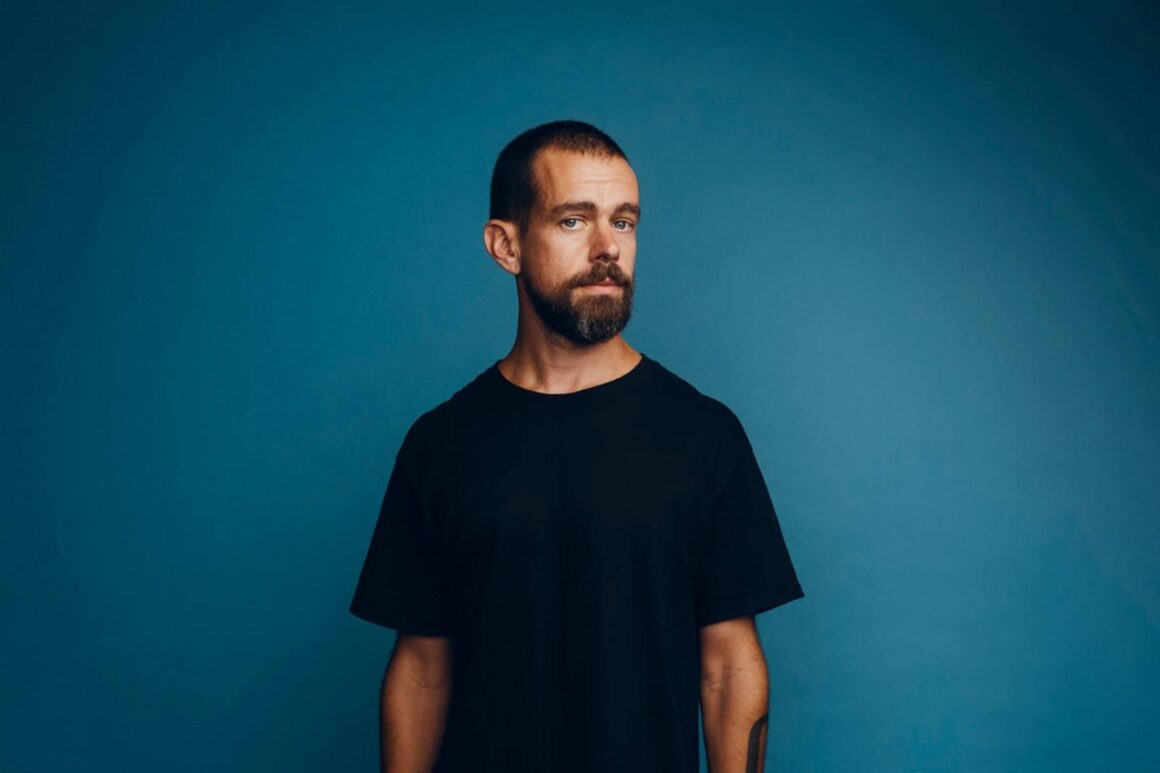DiVine is here, which should be a good thing. Vine is back with its six second videos, over 100,000 archived clips, and a strict no-AI policy.
The reboot is funded by Jack Dorsey, which could be its biggest weakness.
A pattern Dorsey can’t shake
Jack Dorsey has always been good at getting things started. He can identify a cultural moment, attach a simple product to it. Then he convinces people that this little thing could be the next big thing. The problem is staying long enough to see the big thing through.
We saw this with Twitter. He co-founded it, was pushed as CEO, came back, then left again.
With Bluesky, he founded the company, pushed it as the future of decentralized social networking. Then stepped off the board when the project’s decisions drifted from his ideals.
Then there were Web5 and TBD inside Block. They didn’t disappear completely. Block reduced their investment and shifted focus back toward Bitcoin mining and wallet products.
The message was the same. Once the company’s priorities moved, so did Dorsey’s. Even his earliest projects follow this script. He built a dispatching company that sounded visionary for its time but stepped away once it stalled.
Why he moves on
You can make the argument that it’s actually good for Dorsey to exit if something no longer aligns with his values. He’s always been driven by ideas, not grind. He’s a visionary thinker, not a caretaker. Experts compare him to people who prefer the zero to one phase, where the idea is pure and the mission feels clean.
That doesn’t change how it looks from the outside. When someone keeps leaving their own projects, the pattern looks like an inability to commit. There’s a difference between evolving your focus and abandoning your work whenever something shinier appears.
How this connects to DiVine
DiVine fits directly into the kind of project Dorsey gets excited about. It is nostalgic. It is decentralized. It rejects AI in favor of human creativity. It runs on Nostr, a protocol he’s invested in philosophically and financially.
And he didn’t fund it through a traditional corporate arm. He funded it through his nonprofit, meant for experimental ideas that don’t need to serve shareholders.
All of that sounds good, but it also hints at a familiar dynamic. Dorsey as the visionary outsider. Dorsey as the financier instead of the operator. Dorsey showing the world what social media could be if it wasn’t engineered to trap people.
His role in DiVine isn’t hands-on. It’s supportive. It’s conceptual. That’s exactly the space where he historically treats projects as temporary stops rather than long-term commitments.
What this means for DiVine
DiVine is starting with an exciting idea that feels both retro and intentional. People miss the simplicity of Vine. They miss platforms that didn’t try to manipulate them. And the no AI rule feels like an actual stance in an era where everything is collapsing into generated sameness.
Is DiVine meant to be something Dorsey supports long term, or is it another experiment he’ll drift away from once he feels he has set the tone?
We’ve seen the pattern too many times to ignore it. Visionaries know how to start things. Very few know how to stay.






